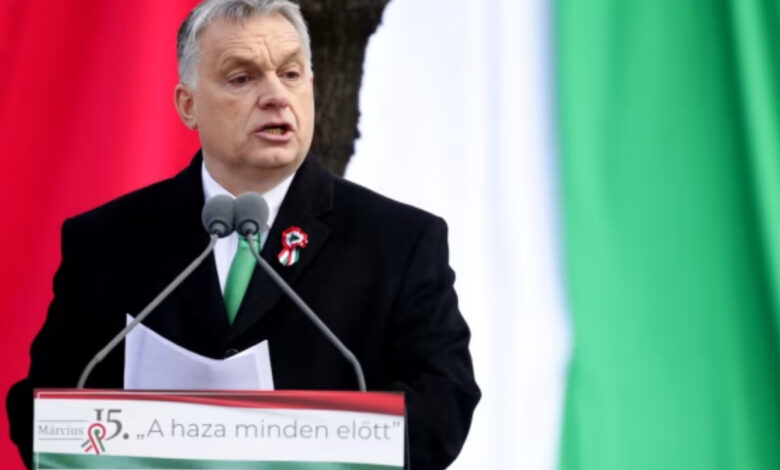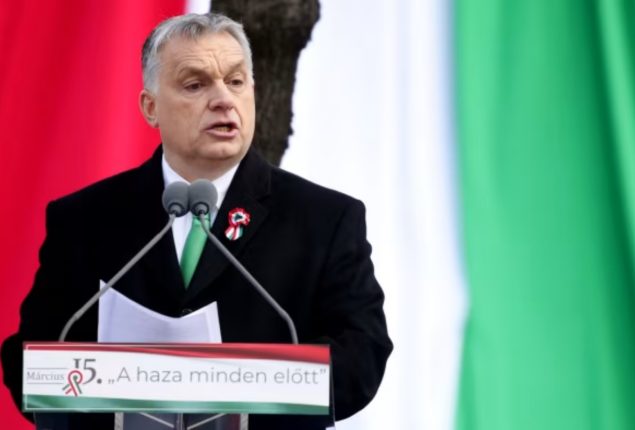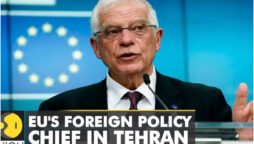EU Foreign Policy Chief issues strong rebuke to Hungary’s Orban


EU Foreign Policy Chief issues strong rebuke to Hungary’s Orban
- EU officials criticized Orban’s trip, stating it threatened to undermine the 27-member bloc’s stance on the Ukraine war.
- Borrell stated that Orban’s participation at the OTS summit in Azerbaijan represented Hungary alone, not the EU.
- The OTS, founded in 2009, brings together countries with Turkic languages, with Hungary joining in 2018.
EU foreign policy chief Josep Borrell issued a fresh rebuke to Hungary’s Prime Minister Viktor Orban on Saturday after the nationalist leader attended a meeting of the Organization of Turkic States in Azerbaijan.
Brussels, EU allies, the United States, and Kyiv had already criticized Orban, whose country assumed the European Union’s rotating presidency this month, for holding talks on the Ukraine war with Russian President Vladimir Putin in Moscow on Friday.
EU officials criticized the surprise trip, stating it threatened to undermine the 27-member bloc’s stance on the conflict and emphasized that Orban was not representing Brussels.
Borrell said Orban’s participation at an informal OTS summit in Azerbaijan on Saturday marked another occasion where he represented Hungary alone, not the European Union.
“Hungary has not received any mandate from the EU Council to advance the relations with the Organization of Turkic States,” Borrell said in a statement.
Orban has already clashed with Brussels over his controversial travels.
“Are we allowed to have dinner, or do we need a #EUCO mandate for that too?” his political director wrote on X, formerly Twitter, after the Moscow trip.
Borrell stated that the EU also rejected OTS attempts to legitimize the unrecognized Turkish Republic of Northern Cyprus by admitting it as an observer. The island of Cyprus has been divided for decades between the internationally recognized, Greek-speaking Republic of Cyprus, an EU member, and the Turkish-speaking TRNC, recognized only by Ankara.
Turkiye, Azerbaijan, Kazakhstan, and Kyrgyzstan founded the OTS in 2009, an international organization that brings together countries with Turkic languages. Hungary joined the group as an observer in 2018.
Source link
